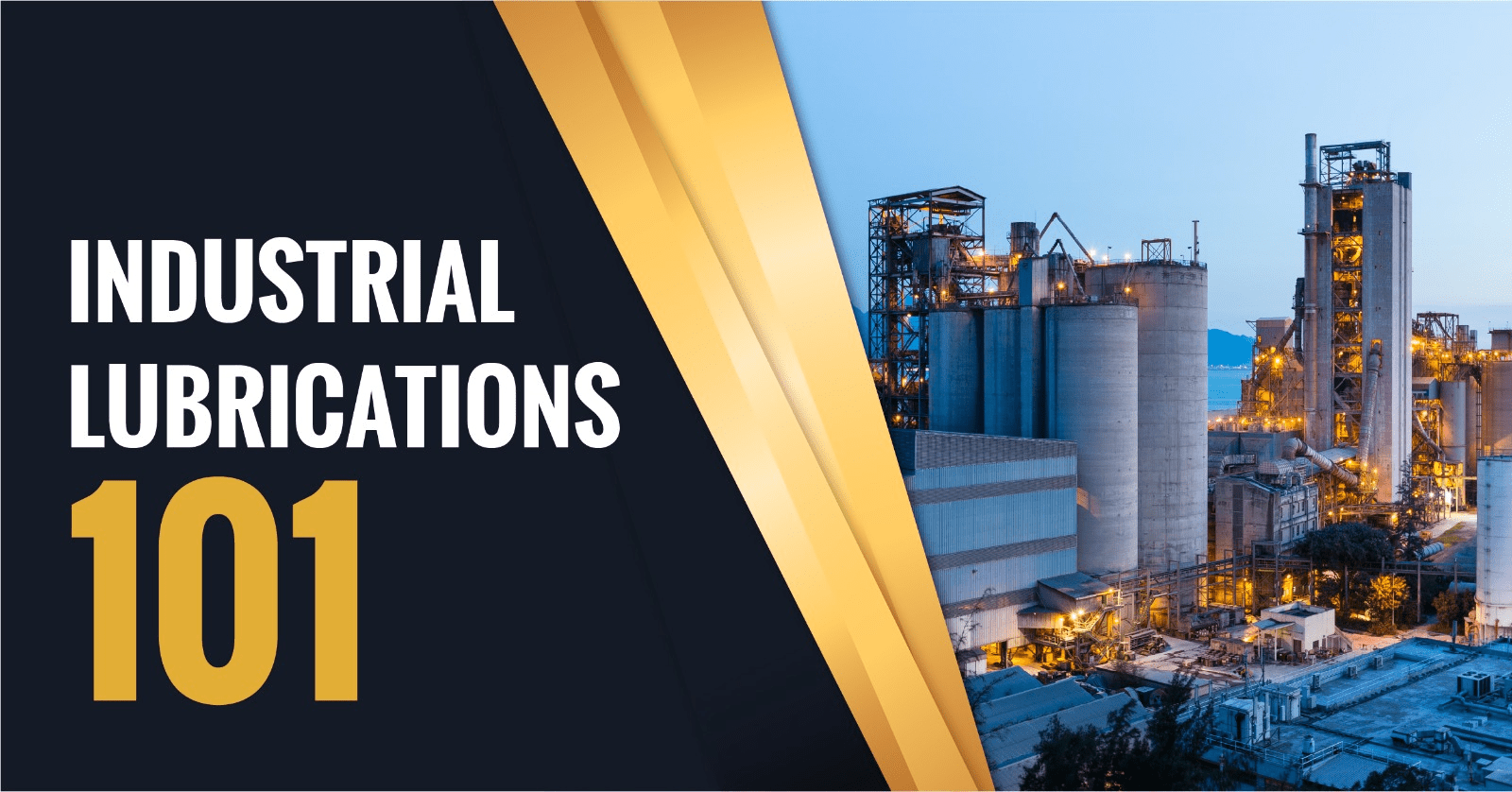Industrial lubricants are substances that reduce friction, wear, and heat between moving parts of machines and equipment. They also protect the surfaces from corrosion, oxidation, and contamination. Industrial lubricants are essential for the smooth and efficient operation of various industries, such as mining, construction, marine, agriculture, forestry, manufacturing, food, and automotive.
There are many types of industrial lubricants, each with its own characteristics and applications. Some of the common types are:
• Greases: These are semi-solid lubricants that consist of a base oil and a thickener, such as soap or clay. Greases are used to seal leaks, prevent contamination, reduce noise, and lubricate hard-to-reach parts. Greases are suitable for high-load, low-speed, and extreme-temperature applications.
• Oils: These are liquid lubricants that consist of a base oil and additives, such as anti-wear, anti-oxidant, anti-foam, and viscosity improver. Oils are used to lubricate, cool, and clean the moving parts. Oils are suitable for high-speed, low-load, and moderate-temperature applications.
• fluids: These are special oils that are used to transmit power and energy in hydraulic systems, such as pumps, motors, cylinders, and valves. Hydraulic fluids have high viscosity, high flash point, and low compressibility. They also provide lubrication, corrosion protection, and heat dissipation.
• Coolants: These are fluids that are used to cool and lubricate the cutting tools and workpieces in metalworking processes, such as forming, milling, drilling, and grinding. Cooling lubricants have low viscosity, high heat capacity, and high lubricity. They also prevent rust, chip formation, and tool wear.
• H1 lubricants: These are special lubricants that are used in food and pharmaceutical industries, where there is a possibility of incidental contact with the products or the consumers. H1 lubricants have to meet strict standards of purity, safety, and performance. They also have to resist degradation, contamination, and microbial growth.
The quality and performance of industrial lubricants depend largely on the base oils and additives that are used to formulate them. Base oils are the main component of lubricants, and they determine the physical and chemical properties, such as viscosity, volatility, solubility, and stability. Additives are the substances that are added to the base oils to enhance or modify their properties, such as lubricity, anti-wear, anti-corrosion, and anti-oxidation.
There are many sources and types of base oils, such as mineral, synthetic, and bio-based. Mineral base oils are derived from crude oil and refined through various processes, such as distillation, solvent extraction, and hydrocracking. Synthetic base oils are manufactured from chemical reactions, such as polymerization, alkylation, and esterification. Bio-based base oils are derived from renewable sources, such as vegetable oils, animal fats, and waste oils.
Synthetic and bio-based base oils have some advantages over mineral base oils, such as higher purity, lower volatility, better low-temperature performance, and higher biodegradability. However, they also have some disadvantages, such as higher cost.
The choice of the best base oil and additives for a specific application depends on several factors, such as the operating conditions, the design of the equipment, the environmental impact, and the cost-benefit analysis. Therefore, it is important to consult with the lubricant manufacturer or supplier to select the most suitable lubricant for your needs.
Conclusion
Industrial lubricants are vital for the optimal performance and longevity of your machines and equipment. They reduce friction, wear, heat, corrosion, and contamination, and improve efficiency, reliability, and profitability. However, not all lubricants are the same, and you need to choose the right one for your specific application.
One of the fastest growing lubricant manufacturing companies in the market is LubePlus Energies, which offers a variety of industrial lubricants for both commercial and industrial use. LubePlus Energies has a team of experts who can provide you with the best lubrication solutions for your needs. LubePlus Energies uses high-quality base oils and additives to ensure the highest standards of quality and performance.
If you are looking for a reliable and reputable lubricant supplier, you should consider LubePlus Energies lubricants and oils. LubePlus Energies is your partner for excellence in lubrication.







